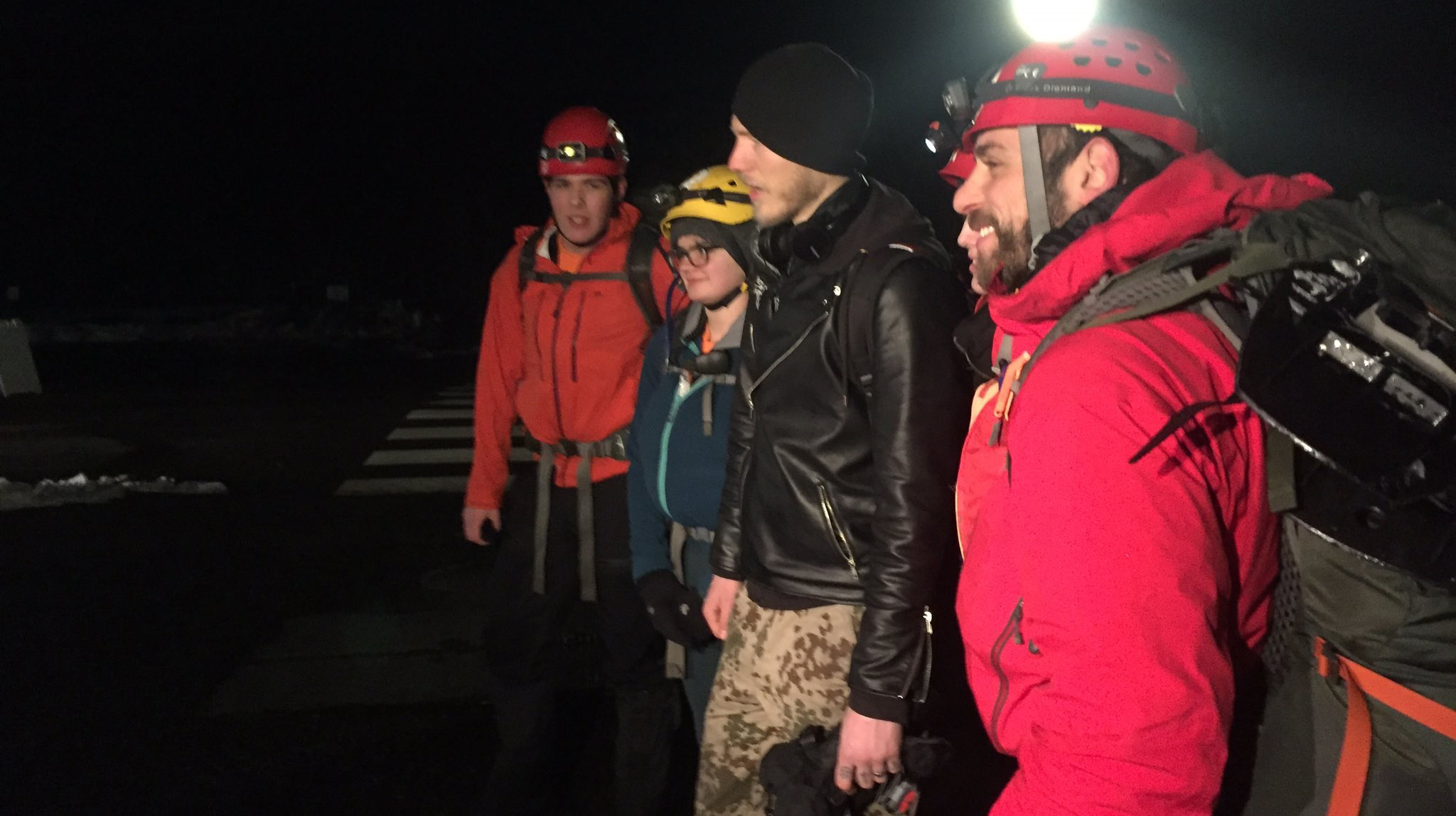PORTLAND, Ore. (KOIN) — Within one day, several people got lost while hiking — prompting officials to remind the public to prepare for the elements before heading out the door.

On Sunday, a hiker named Jesse called 911 around 2:30 p.m. to say he was lost near Larch Mountain. With the trails covered in snow and ice, it took rescue crews hours to reach the man. Fortunately, Jesse wasn’t hurt — just cold and tired.
However, he wasn’t the only hiker to run into issues.
Joshua Dixsen, 25, his girlfriend Josie Chysm, 24, and her 3-year-old son left for a hike at Silver Falls State Park around noon. Sometime during the hike, the family became disoriented and lost, so Dixsen walked out for help while Chysm and her son waited under a tree.
Around 3 a.m., Dixsen contacted authorities and said his family was lost somewhere in the park. Fortunately, they were found at 8:30 a.m. Monday. They were cold and wet, but otherwise uninjured.
Authorities added that the family set out with very limited gear and weren’t prepared for the winter weather — echoing what Multnomah County deputies said when they rescued Jesse in the Gorge.
“If you are going out to the Gorge in the winter, wear a lot of clothing bring dry clothes in a backpack you can just change into, a boot chains if things get slick,” Deputy Sheriff Brian Gerkman said. “Take a backup battery charger you know, wait until you get home to post all your pics — your cell phone is your lifeline.”
The Marion County Sheriff’s Office said no matter how experienced you might be, you should always carry enough supplies to survive at least 24 hours, even if you’re just out for a day hike.
“Definitely recommend if anybody’s going to come out in the next couple weeks when the snow is still here to bring Yak Tracks, and/or snow shoes and a light, because it’s really easy to forget the time and then all of a sudden it’s dark,” David Jacobson with the search and rescue team said.
Tips for hiking in the winter
1. Dress in layers: From the bottom of the trail to the summit, temperatures can vary greatly. It’s better to have too many layers rather than too little.
2. Plan ahead: It gets darker in the winter, so it’s better to start hiking earlier, so you finish when the sun is still up. Look up the trail ahead of time, so you know where you’re going.
3. Bring safety gear: Hikers should carry certain items in case of an emergency, including a trail map, first-aid kit, pocket knife, flashlight and a compass.
4. Check the weather: Hiking in winter weather is one thing, but you don’t want to get stuck in a snowstorm. Wind, precipitation, avalanche threats are all elements that can impact your hike.
5. Food and water: Aside from having the correct gear and clothing, hikers should make sure they have enough food and water to get them through the hike — plus a little extra just in a case.
6. Don’t hike alone: It’s better to hike with a friend or two — especially if you’re not an experienced hiker.